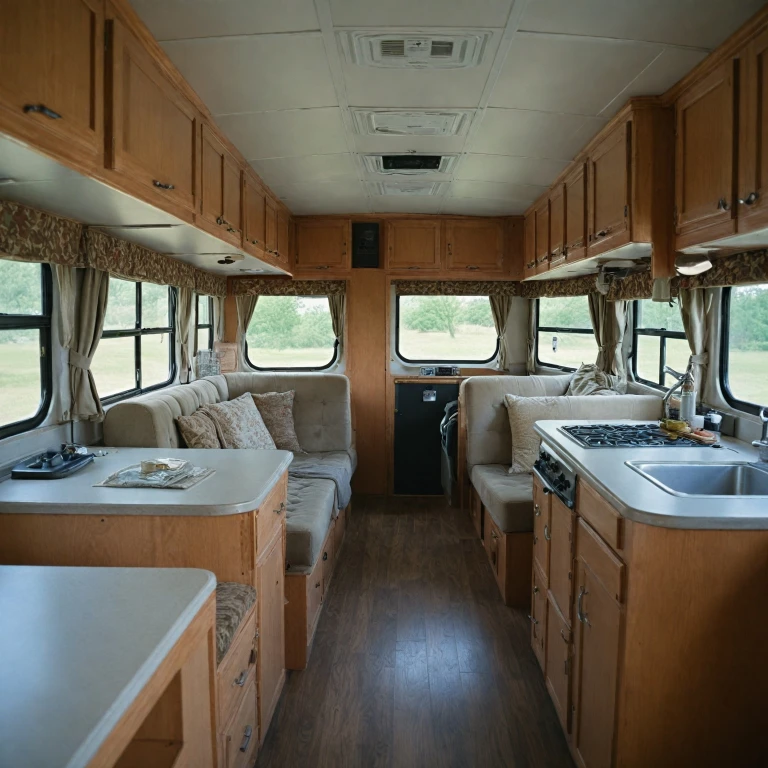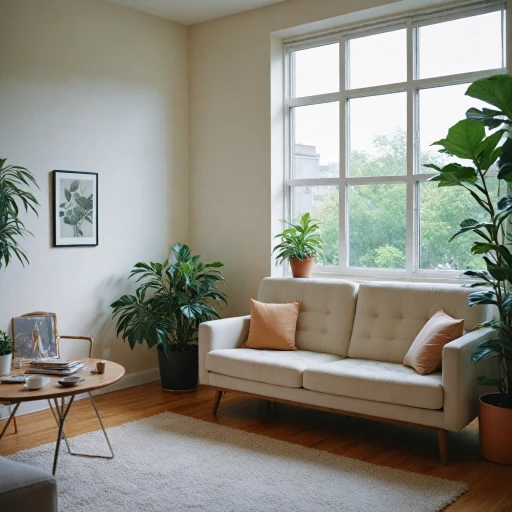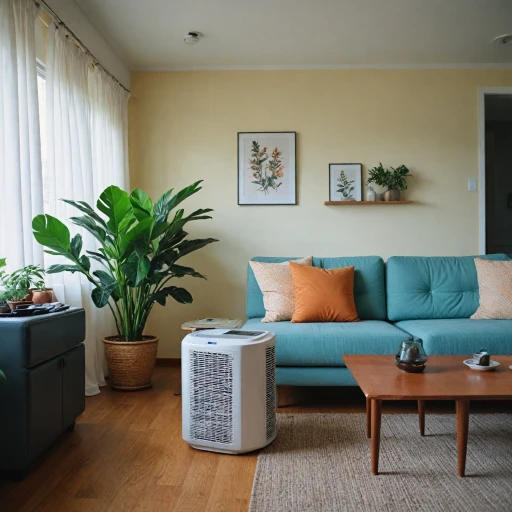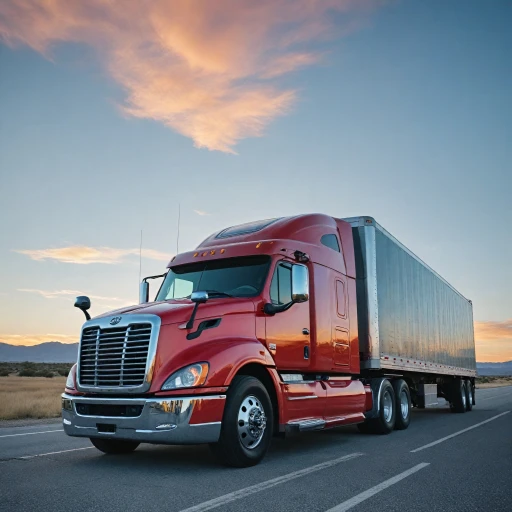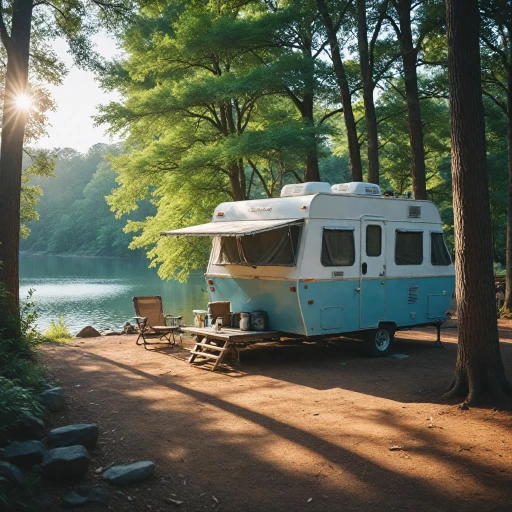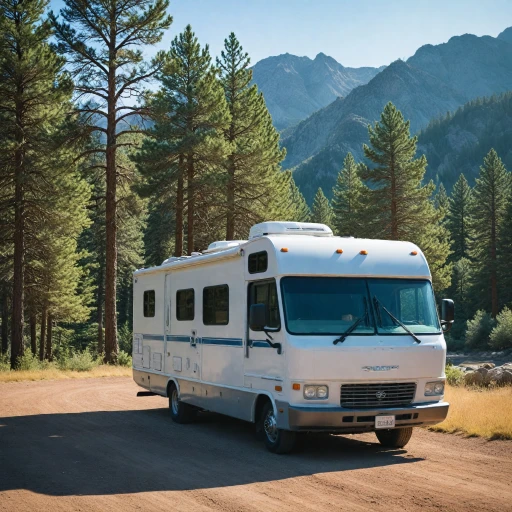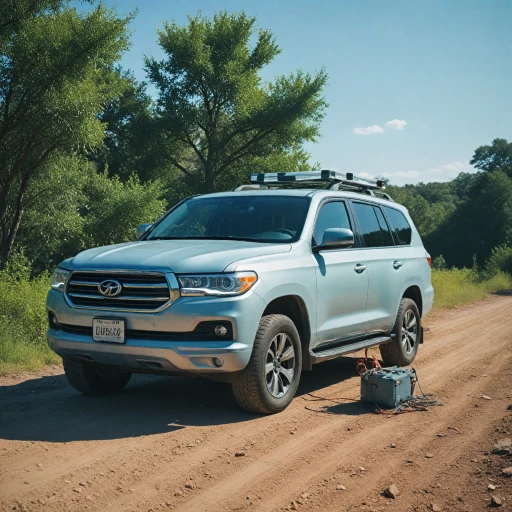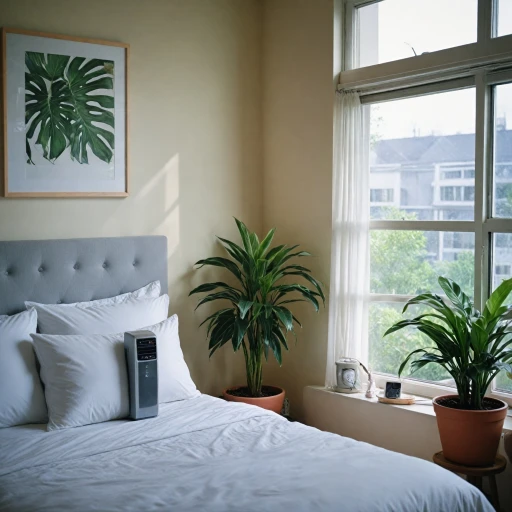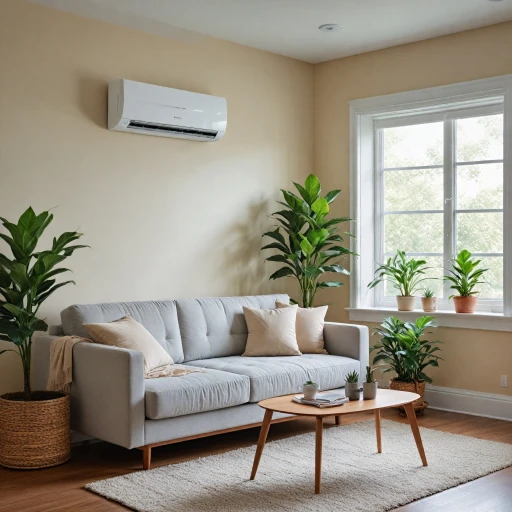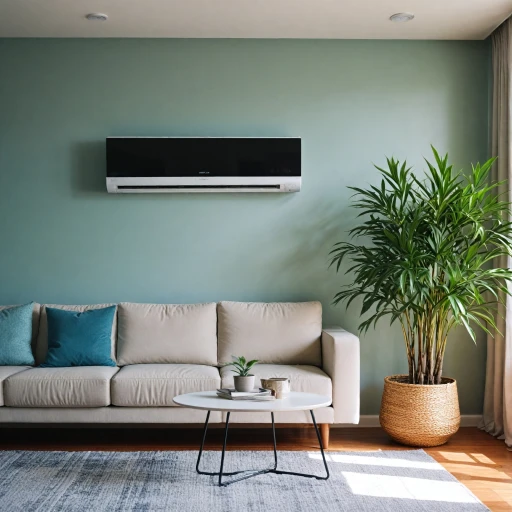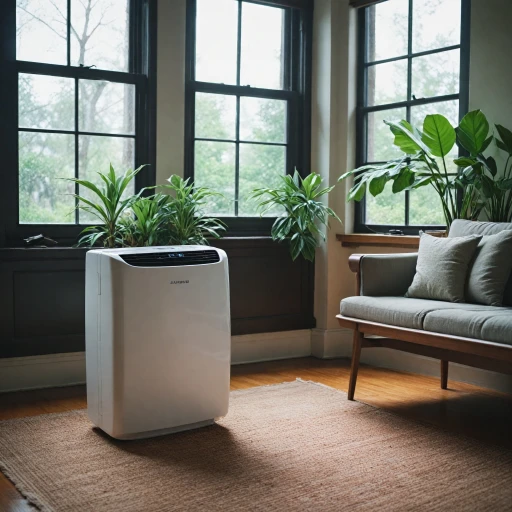
Understanding Your Cooling Needs
Evaluating the Size and Space Constraints
Determining your cooling requirements is the foundation of choosing an appropriate air conditioning solution for your enclosed trailer. The size of your trailer is a crucial factor. For instance, a larger cargo trailer may need a unit with a higher BTU rating to comfortably cool the space, whereas a smaller trailer may suffice with a compact option.
Assessing Typical Heat Sources
Inside an enclosed trailer, heat can arise from various sources. The number of members using the trailer, electronic devices such as a fridge, and the choice of insulation all contribute to heat accumulation. Additionally, whether your trailer has a roof vent or window unit can enhance ventilation, impacting your cooling needs.
Considering Your Usage Patterns
Think about how frequently the trailer will be used and how many members will be inside. If the trailer is part of your everyday routine or utilized for travel, it might benefit from a portable air conditioner known for efficiency and flexibility.
Determining Your Environmental Factors
The external climate also plays a significant role. For trailers used in warmer climates, it’s imperative to select an air conditioning unit that promises effective cooling. Choosing the right AC unit for your pop-up camper can provide additional insights into selecting a unit that can handle varying environmental conditions.
Types of Air Conditioning Units for Trailers
Exploring Various Air Conditioning Solutions
Choosing the right air conditioning unit for your enclosed trailer involves understanding the different types available to cater to your specific cooling needs. Whether you're looking to cool a cargo trailer, a trailer van, or any other enclosed space, there are various options available that offer diverse features and benefits.
When considering air conditioning solutions, portable air conditioners present a flexible option. These units can easily move from one location to another, making them ideal for trailers where space might be limited or reconfigurable. Portable air conditioners work great, providing cooling on demand and can be stored away when not in use. Their adaptability makes them a popular choice among many trailer owners.
Roof-mounted units are another popular choice for enclosed trailers. These air conditioning systems are installed directly onto the roof of the trailer, thereby freeing up valuable floor space inside. While these roof vent solutions can effectively cool the interior, they require a more permanent installation compared to their portable counterparts.
For those looking for custom options, wall-mounted air conditioners offer additional alternatives. Although more common in fixed settings, these units can be adapted for trailer use for a fixed, space-efficient cooling solution. Like roof mount units, wall-mounted options can provide consistent cooling without taking up internal space.
Window units are also an option if your cargo trailer has an appropriate opening that can accommodate one. These are typically installed on a side door or rear door opening, allowing the air conditioner to pull in outside air while expelling hot air from inside. However, window units require fitting of the correct size and care during installation to ensure a proper fit and seal.
When selecting the right air conditioning solution, it's important to consider the BTU rating of the unit. The British Thermal Unit (BTU) rating will indicate the cooling capacity of each unit, which should match the size of your trailer and the number of members inside. Additionally, ensure compatibility with the power sources available in your trailer, including any existing power adapters or connections to avoid any inconvenience.
Installation Considerations
Strategic Placement for Optimal Cooling
When installing an air conditioning unit in your enclosed trailer, the unit's placement is crucial to ensuring efficient and effective cooling. Whether you're opting for a roof mount or considering a window unit, each option comes with its set of considerations to maximize performance.
A roof mount air conditioner is a popular choice for trailers due to its ability to provide even cooling throughout the interior. It utilizes the trailer's roof vent, providing good circulation by targeting the hottest area first—the roof. This option works great for those looking to save space inside the trailer. However, installing a roof mount requires careful consideration of your trailer's power supply and structural integrity, as these units can be heavy and demand higher BTUs.
Alternatively, a window unit mounted through a rear door or side door is another viable option. These units are relatively straightforward to install and can be a cost-effective choice for those on a budget. They are especially useful in trailers that might not be able to support the weight of a roof-mounted unit. However, they do occupy more space inside and may not offer the same level of even cooling as roof-mounted options.
For those who prioritize flexibility and ease of use, portable air conditioners can be an excellent option. These units are ideal for individuals who need cooling in different areas depending on the trailer’s setup. Portable air units are easier to move around and store when not in use. Although they may not cool as evenly as fixed units, they offer unparalleled convenience and are simple to set up, often requiring only a window kit to direct the unit’s exhaust.
No matter which type you choose, ensure the unit fits your trailer's cooling demands and power sources effectively. Understanding these installation considerations will help in optimizing your air conditioner's performance, ensuring comfort inside your trailer all year round. Explore more about air conditioning options for unique setups.
Energy Efficiency and Power Sources
Balancing Energy Efficiency with Power Sources
When selecting an air conditioning unit for your enclosed trailer, it's crucial to consider how energy efficiency and power sources can affect the overall performance and cost-effectiveness of the unit. A well-chosen unit not only ensures comfort but also minimizes energy usage and operational costs in the long run.
First and foremost, evaluate the BTU (British Thermal Units) rating of potential air conditioners. The BTU indicates the cooling capacity of a unit and should be appropriate for the size of your trailer. A unit with too low a BTU may not sufficiently cool the trailer, while one with too high a BTU can cycle off too quickly, leading to inefficient operation.
- Power Sources: Portable air conditioners typically require a power source. Trailers can be equipped with generators or rely on hookups at campsites or storage facilities. Ensure your power supply can support the BTU rating and energy consumption of the selected unit.
- Energy Efficiency: Look for units with a high Energy Efficiency Ratio (EER). A higher EER means the unit uses less energy to produce the same cooling effect. Consider models that offer eco-friendly and power-saving modes as part of their features.
- Roof vs. Window Unit: Roof-mount air conditioners can be more efficient since they don't take up space on the trailer floor. However, installation may involve additional considerations, including reinforcing the roof and ensuring there's a roof vent or compatible opening. Window units require space at a window and may not be suitable for all trailers.
In choosing a unit, consider how often you'll use your trailer's air conditioner and the power supply available at your typical destinations. Align these with your budget constraints and cooling needs to find a solution that 'works great' for your specific situation.
Maintenance and Longevity
Ensuring Long-Lasting Performance
Maintaining your air conditioning unit for your enclosed trailer is crucial for its longevity and optimal performance. Regular maintenance not only helps the unit run efficiently but also extends its lifespan, ensuring that all trailer members enjoy uninterrupted comfort during their travels. Here's how you can keep your unit in top shape:
- Filter Cleaning: Regularly clean and replace filters to ensure efficient air flow and cooling performance. Clogged filters can reduce the efficiency of your unit and increase power usage.
- Check Condenser Coils: Inspect and clean the condenser coils located on the roof or inside the trailer. Dust and dirt can accumulate, hindering the unit's cooling capabilities.
- Inspect the Refrigerant Level: Ensure the unit has the proper refrigerant level. Low refrigerant can impact cooling capacity, decreasing the btu output of your conditioner, which is essential for beating the heat inside a cargo trailer.
- Sealing the Enclosure: Make sure that sealed units, like a window unit or a roof mount, have no air leaks around installation points such as the rear door or side door. Air leaks can allow cool air to escape, or warm air to enter, adversely affecting cooling efficiency.
- Electrical Connections: Regularly check and tighten electrical connections to prevent issues. Poor connections can pose safety risks or lead to reduced performance.
By attending to these maintenance tasks, whether you buy from Amazon or install a unit professionally, your portable air conditioner will continue to "work great" through the years. For enclosed trailers used as a living space with amenities such as a fridge, maintaining an efficient air conditioning system is especially vital. Keeping your cooling unit in prime condition ensures comfort for all trailer members, making any travel experience more enjoyable.
Cost and Budgeting
Evaluating Cost-Effectiveness for Your Trailer Cooling Needs
When tackling the decision on investing in a portable air conditioner for your enclosed trailer, cost and budgeting inevitably play pivotal roles. The balance between upfront cost, long-term efficiency, and maintenance obligations can significantly impact your choice. Start by determining the cooling power needed, measured in BTUs. More BTUs mean more cooling power, but it also generally translates to a higher initial investment. Assess the specific air conditioning requirements of your enclosed trailer or cargo van to avoid over-investing in an overly powerful unit that exceeds your needs. Remember that the dimensions and insulation properties of your trailer will directly influence this decision. Next, consider the potential cost-saving alternatives and maintenance aspects:- Initial Costs vs. Operating Costs: While some portable units might carry a smaller price tag, they may require more power to operate effectively. Look for energy-efficient models that balance cost with performance, especially if your power source is limited or sourced from the trailer’s external power supply.
- Efficiency of Different Types: Portable air conditioners, window units, and roof-mounted options each have distinct pricing models. Portable options are often budget-friendly and flexible, suitable for varied trailer environments. However, window and roof mount units might provide more permanent and efficient cooling solutions, though they may require a higher initial investment.
- Maintenance and Longevity: Investing in a quality unit often leads to more uncomplicated and cost-effective maintenance over the years. Whether you choose a model from a recognized brand or a reliable product from places like Amazon, regularly maintaining your air conditioning unit can extend its life and efficiency.
- Budget Planning for Custom Solutions: Although not always the primary choice, custom options might need consideration if your enclosed trailer has unique requirements, such as modifying a roof vent or side-door for optimal air distribution.

